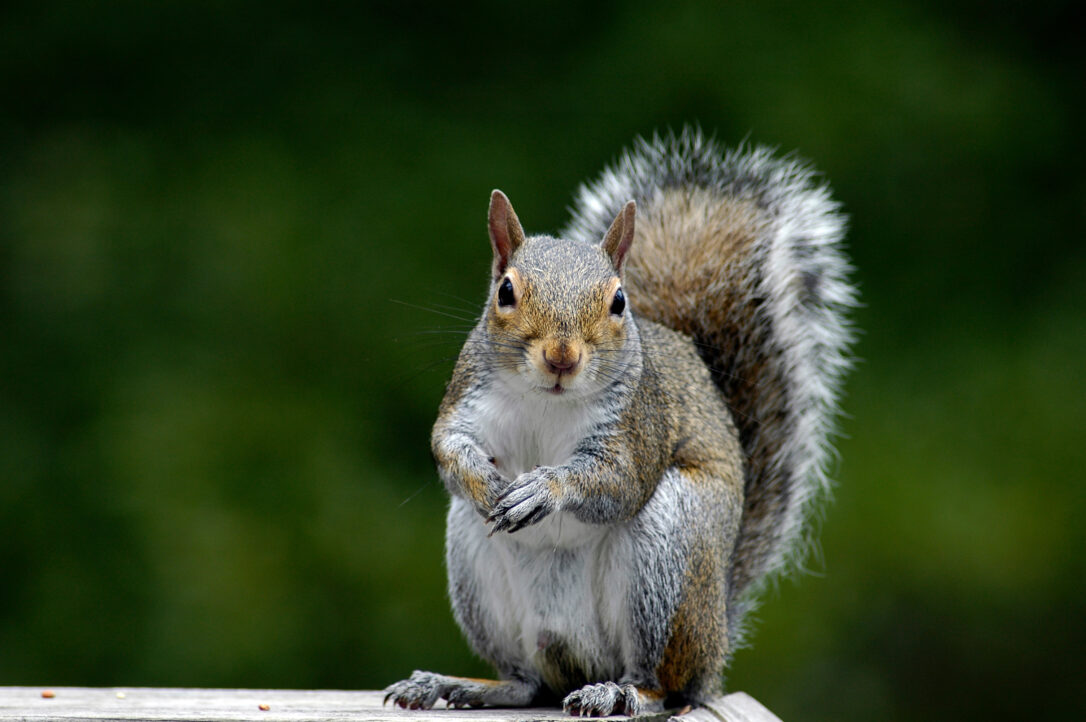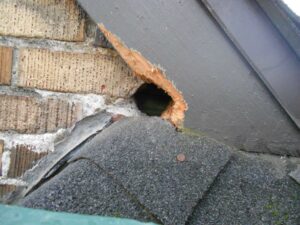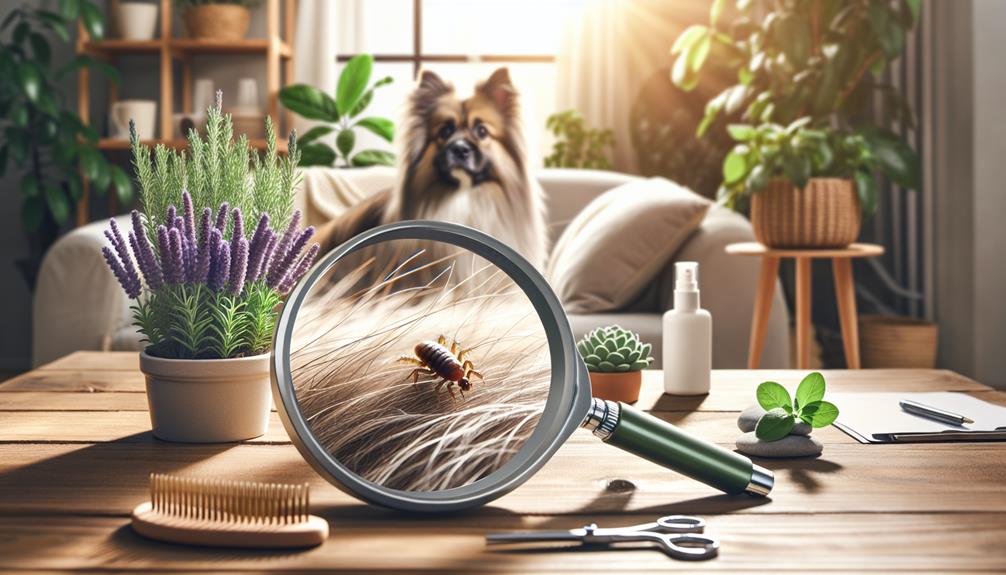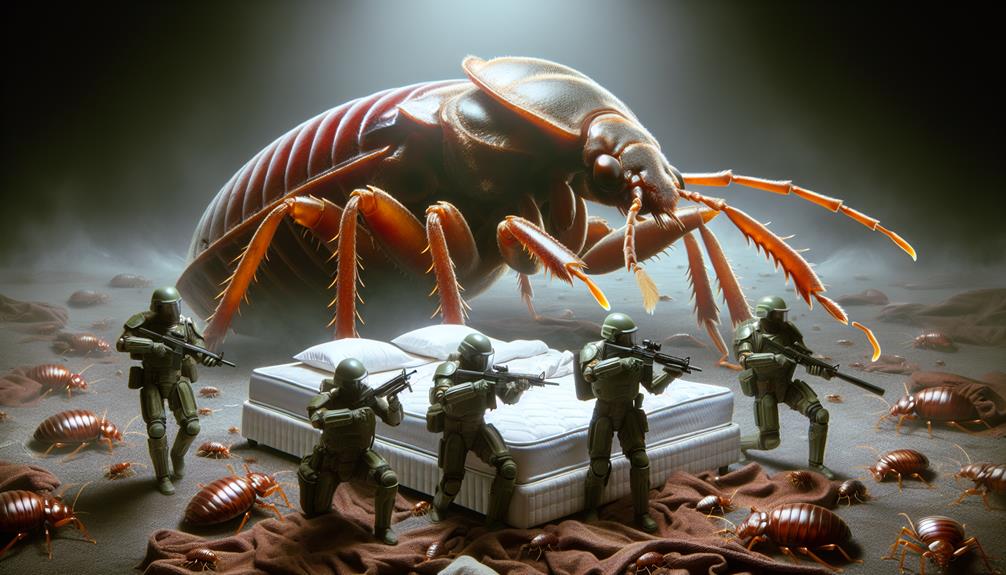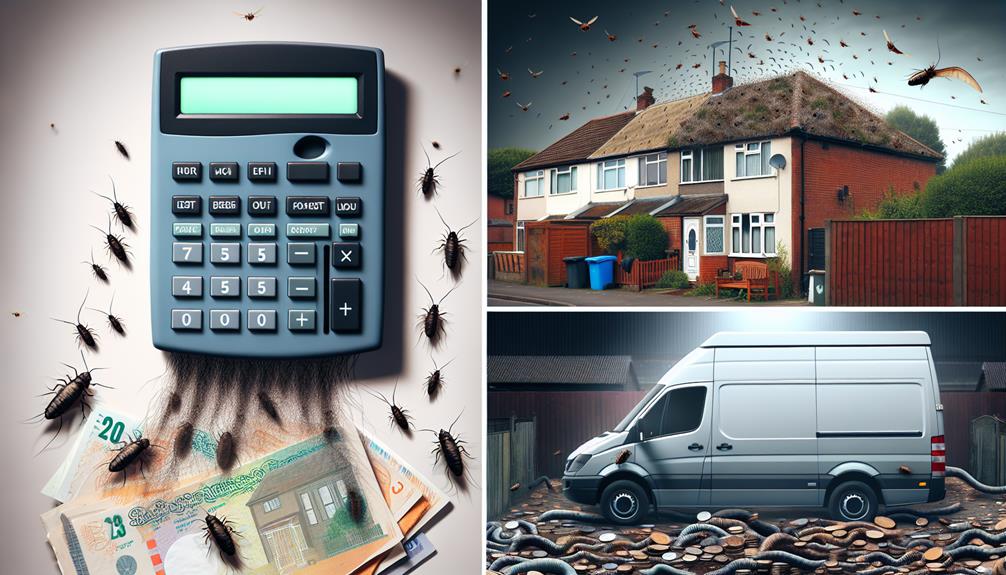Squirrels, while often seen as adorable creatures, can become a significant nuisance when they infest homes and gardens. A squirrel infestation can cause extensive damage, pose health risks, and disrupt daily life. In this comprehensive guide, we will provide detailed information on identifying squirrel infestations, preventing them, and controlling them effectively.
Identifying a Squirrel Infestation
Recognising the signs of a squirrel infestation is crucial for swift and effective action. Common indicators of squirrel infestations include:
- Noise: Squirrels are active during the day, and you may hear scratching, scampering, or gnawing sounds in your attic, walls, or crawl spaces.
- Droppings: Squirrel droppings are similar in size and shape to rat droppings but are typically more rounded at the ends. They are usually found in clusters near nesting sites or feeding areas.
- Damage: Gnaw marks on wood, insulation, wiring, or garden plants can indicate the presence of squirrels. They may also leave holes in walls or roofs to gain access to your home.
Squirrel Species in the UK
There are two main species of squirrels in the UK:
- Red Squirrel (Sciurus vulgaris): Native to the UK, red squirrels are smaller than grey squirrels and have distinctive red-brown fur. They are a protected species, as their population has declined drastically due to habitat loss and competition with grey squirrels.
- Grey Squirrel (Sciurus carolinensis): Grey squirrels were introduced to the UK from North America in the late 19th century. They are larger than red squirrels and have grey coats. They are considered an invasive species and are responsible for most infestations.
Dangers and Risks of Squirrel Infestations
Squirrel infestations pose several risks to property and health, including:
- Structural damage: Squirrels can chew through wood, insulation, and wiring, potentially leading to costly repairs, fire hazards, and energy inefficiencies.
- Food contamination: Squirrels can contaminate stored food with their urine, droppings, or nesting materials, posing health risks.
- Garden damage: Squirrels can dig up bulbs, eat fruit and vegetables, and strip bark from trees, damaging your garden and landscaping.
- Disease transmission: Although rare, squirrels can carry diseases, such as salmonella and leptospirosis, which can be transmitted to humans through contact with their urine, droppings, or contaminated surfaces.
Preventing Squirrel Infestations
Prevention is key to managing squirrel infestations. Here are some effective strategies to keep squirrels at bay:
- Secure entry points: Seal gaps and holes in walls, roofs, and eaves to prevent squirrels from entering your home. Use metal flashing, wire mesh, or other sturdy materials to block access.
- Maintain your garden: Keep trees and shrubs trimmed away from your home, as squirrels can use them as bridges to gain access. Remove bird feeders or use squirrel-proof designs to avoid attracting squirrels.
- Store food securely: Keep food stored in airtight containers, and avoid leaving pet food outdoors. Dispose of waste in sealed bins and clean up food debris from your garden.
Control Methods for Squirrel Infestations
If you have a squirrel infestation, there are several control methods available:
- Trapping: In the UK, it is illegal to capture and release grey squirrels using live-catch traps due to their invasive status. Instead, use approved spring traps or humane kill traps designed specifically for squirrels. Always follow local regulations, and avoid trapping red squirrels, as they are a protected species.
- Exclusion: Install one-way exclusion devices on entry points to allow squirrels to exit your home but prevent re-entry. This method is most effective when combined with sealing all other potential entry points.
- Professional Pest Control: Enlisting the help of a professional pest control company can ensure the efficient and humane management of squirrel infestations. Pest control experts have the experience, tools, and knowledge to handle infestations safely and effectively.
Professional Help for Squirrel Infestations
If you're struggling to manage a squirrel infestation, it's advisable to seek professional help. Pest control experts can:
- Assess the situation: A professional will inspect your property to identify the extent of the infestation, the species involved, and the most effective control methods.
- Implement control measures: Pest control professionals have access to specialised tools and techniques, ensuring efficient and humane control of squirrel infestations.
- Provide prevention advice: A professional can offer tailored recommendations to help you prevent future infestations and maintain a squirrel-free property.
FAQs
Share this Post

